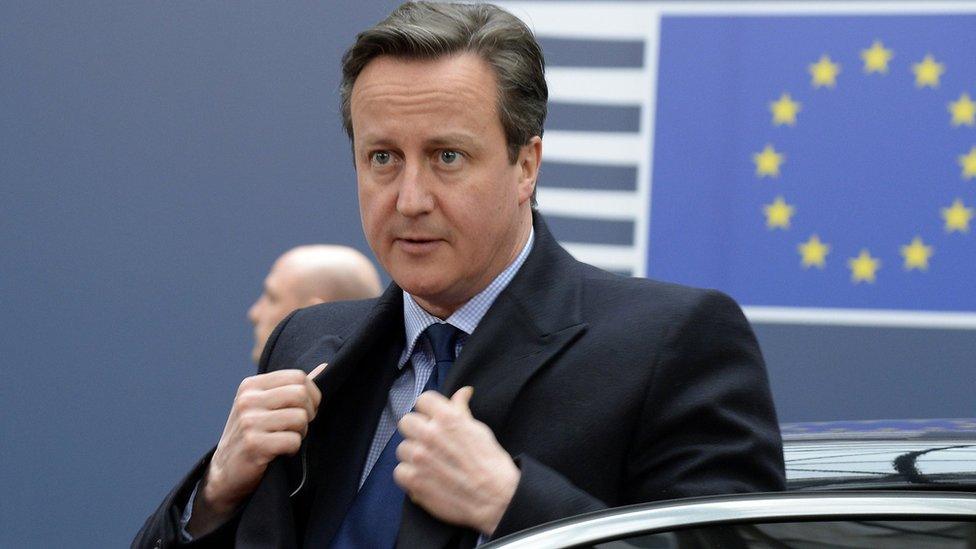EU referendum: Lords defeat Labour bid for votes at 16
- Published
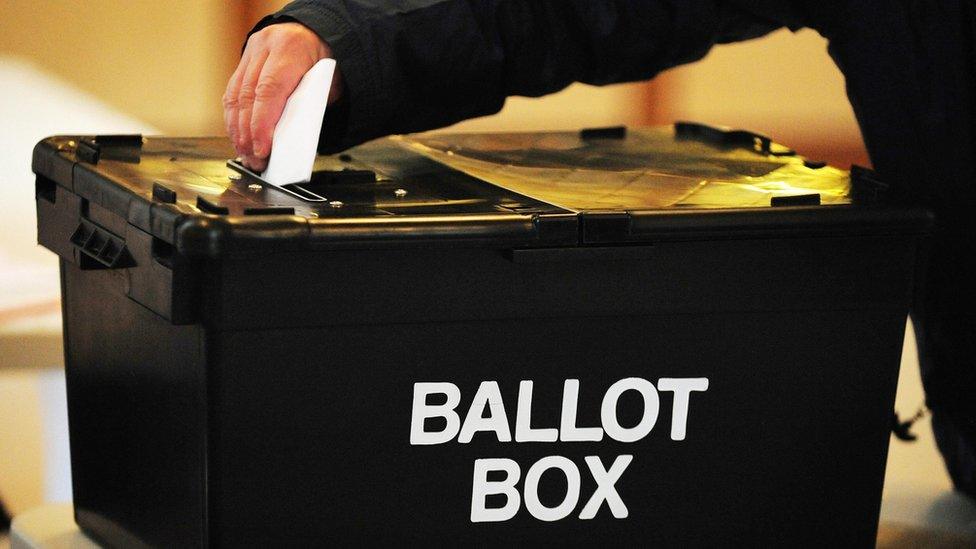
The government has seen off a fresh bid by Labour peers to lower the voting age to 16 in the planned referendum on the UK's membership of the EU.
The House of Lords voted to reject an amendment challenging government figures on the cost of registering younger voters, by 263 votes to 246.
The government overturned a previous change to the EU Referendum Bill on the voting age, saying it would cost £6m.
Its victory marks the end of the parliamentary row over the legislation.
David Cameron welcomed the news in a tweet, saying, external: "A key manifesto commitment delivered as the EU Referendum Bill clears Parliament. Voters will have an in/out choice before the end of 2017."
'Financial measure'
Last week, peers amended the EU Referendum Bill, which paves the way for the in-out referendum before the end of 2017, in order to lower the voting age.
But a Commons vote overturned the move by 303 votes to 253.
The government invoked financial privilege rules, estimating the changes would cost £6m to implement, which can be used by the Commons "as grounds for overruling any House of Lords proposal that has cost implications".
The government has also said it would be wrong to change the "tried and tested" election franchise for a single poll.
But Labour, the SNP and Lib Dems all favoured allowing 16 and 17-year-olds - who were allowed to take part in last year's referendum on Scottish independence - to vote on whether to remain in the EU.
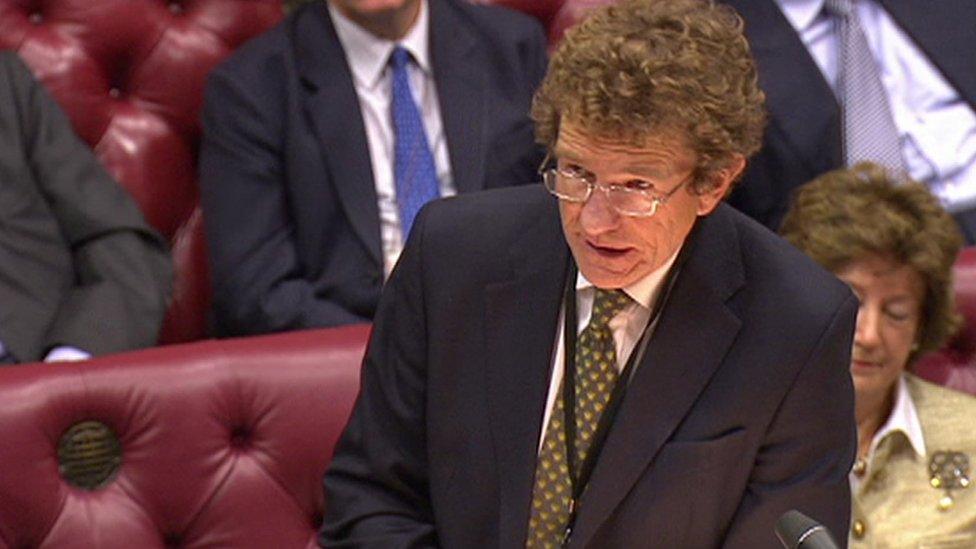
Lord Faulks said it was "logical and consistent" for the voting age to remain at 18
Urging the Lords not to challenge the Commons again, in Monday's vote, Justice Minister Lord Faulks warned that to lower the voting age might be seen as an attempt to "engineer" the result of the poll.
"That perception would damage the public's confidence in the result of the vote," he said.
He added: "We don't believe it is appropriate to lower the voting age to 16. And even if it were, this bill wouldn't be the place to make such a change."
However, Labour's spokeswoman in the Lords, Baroness Morgan of Ely, said the vote would be a "once-in-a-generation opportunity" and young people should be allowed a say on the country's future relationship with the EU.
She also disputed the estimated cost of extending the franchise, saying savings could be made, and she challenged the criteria used to invoke financial privilege.
However, a majority of peers sided with the government in the vote, defeating Labour's proposal by a majority of 17.
- Published8 December 2015
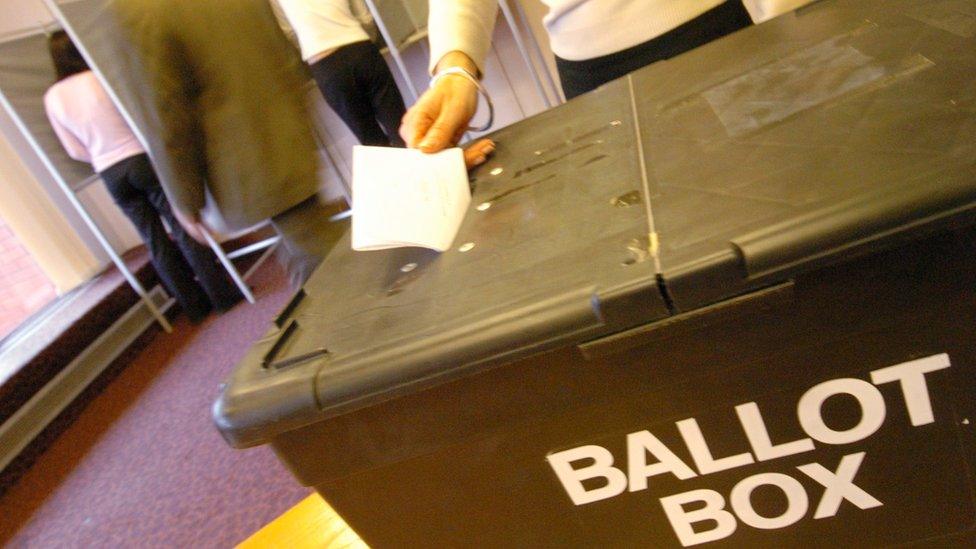
- Published7 December 2015

- Published18 November 2015
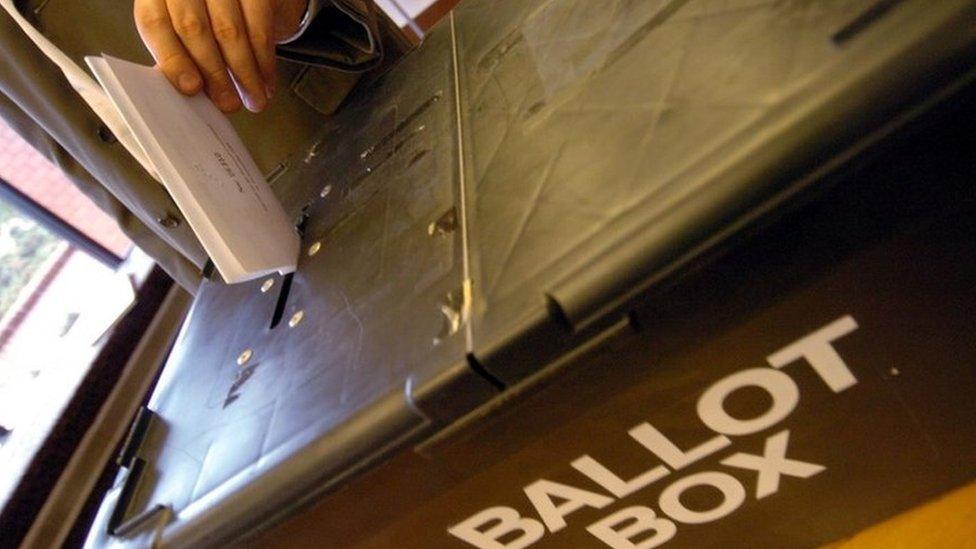
- Published3 November 2015
